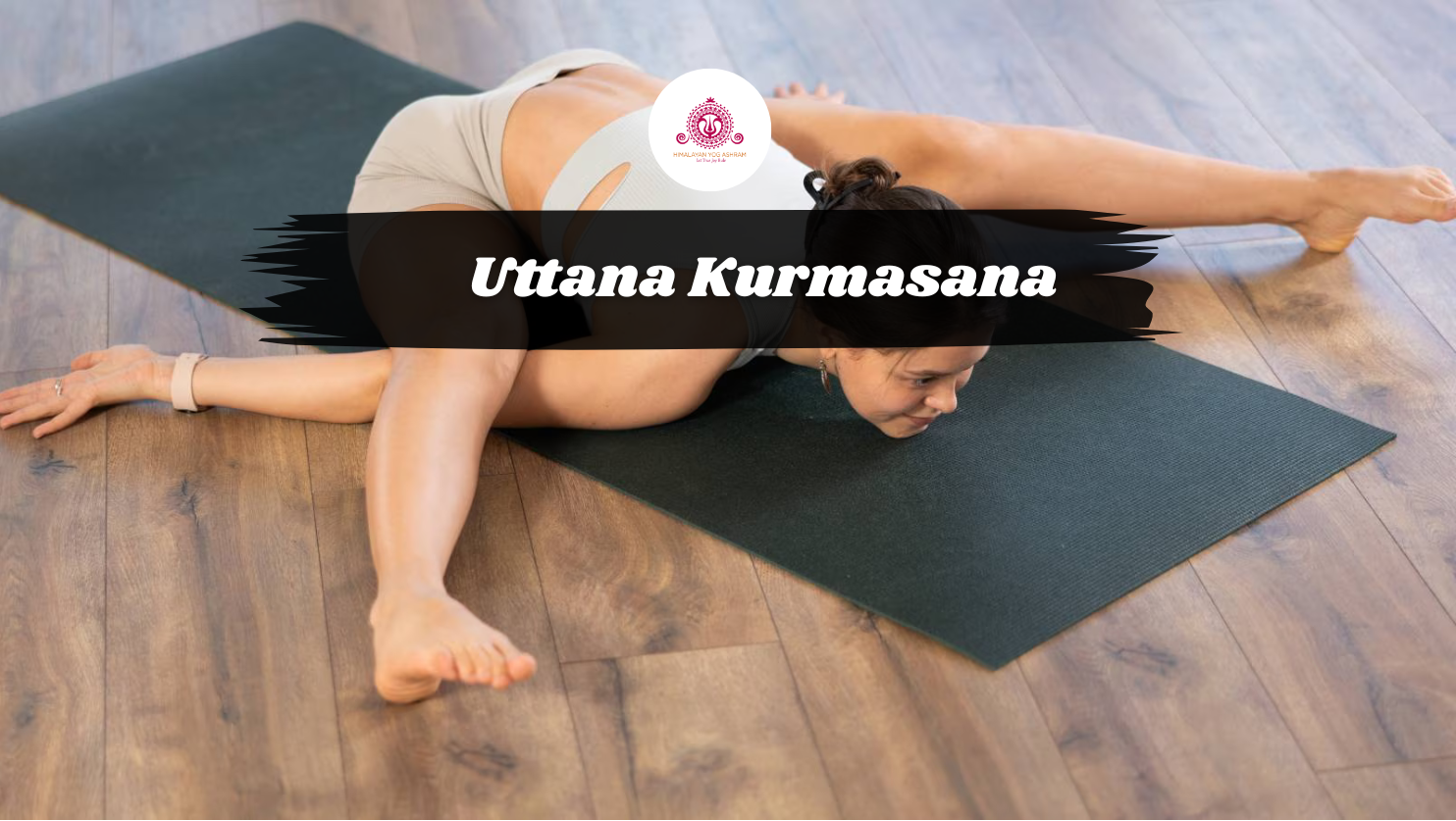Yoga is much more than a physical exercise; it is a holistic practice that integrates the body, mind, and spirit. By focusing on the breath and body alignment, yoga offers a transformative experience that can lead to profound benefits in various aspects of life. Below, we delve into the reasons why yoga is an invaluable practice for overall well-being.
1. Mind-Body Yoga Connection
Pranayama and Breath Awareness: At the core of yog is Pranayama, the practice of controlling and observing the breath. This focus on breath—the life force of yoga—helps bridge the mind and body. By consciously engaging with each inhalation and exhalation, practitioners enhance their awareness of the present moment. This mindful breathing is not just a technique but a gateway to deeper self-awareness and connection with oneself.

Empowerment Through Practice: Yoga challenges individuals to explore their physical limits, flexibility, and strength. As you work through various poses, you become more attuned to your body’s capabilities and limitations. This journey fosters a sense of empowerment, allowing you to confront personal challenges and affirm positive thoughts about yourself. Yog becomes a personal challenge that builds both outer strength and inner resilience.
2. Physical and Mental Benefits
Enhanced Physical Well-being: Regular yoga practice reshapes how you view your body. It fosters a better understanding of physical well-being, increasing strength, flexibility, and balance. The integration of breath with movement helps to optimize physical performance and prevent injuries.
Increased Stability and Clarity: The practice of yog promotes feelings of stability and clarity. By mastering Pranayama and other techniques, you gain a greater sense of concentration and mental focus. Improved breath control leads to enhanced lung capacity and better oxygen utilization, which translates into increased energy levels and overall vitality.
Individualized Practice: Unlike competitive sports, yog is inherently non-judgmental. Each individual’s practice is unique, tailored to personal strengths and limitations. There is no benchmark for comparison; the focus is on personal growth and self-acceptance. This individualized approach allows you to progress at your own pace, adapting to your body’s needs on any given day.
3. Long-Term Health Benefits
Stress Management: Yoga equips you with tools to manage and mitigate stress. By focusing on the breath and engaging in mindful practice, you develop the ability to control your body’s response to stress. This enhanced control can lead to improved emotional resilience and a greater sense of calm.
Improved Digestive and Respiratory Health: Various yog poses stimulate and massage the digestive organs, aiding in digestion and overall gut health. Additionally, the expansion of the lungs through Pranayama improves oxygen absorption and circulation, which benefits respiratory health and enhances overall energy levels.
Holistic Body Care: Yoga enhances blood flow throughout the body, supporting cardiovascular health and overall physical function. Regular practice helps the body make better use of oxygen and nutrients, contributing to improved overall health and well-being.
Adaptability and Resilience: Yoga’s progressive nature means that each practice session can be different, with some days being more challenging than others. This adaptability encourages resilience, teaching you to respond to varying levels of difficulty with patience and acceptance.
4. Personal Growth and Self-Awareness
Body Awareness: Through consistent practice, you become more attuned to your body’s signals and needs. This heightened awareness helps in recognizing areas of tension or discomfort and understanding how different poses affect your body. It also cultivates a deeper connection with your physical and emotional state.

Self-Acceptance: Yoga encourages self-acceptance and self-compassion. Unlike competitive activities, yoga does not emphasize comparison with others. Instead, it promotes a positive relationship with yourself, valuing your unique journey and progress.
Empowerment Beyond the Mat: The skills and insights gained through yoga practice extend beyond the mat. The ability to manage stress, maintain focus, and appreciate your body’s capabilities can positively impact various aspects of life, including personal relationships, work, and overall quality of life.
5. Community and Connection
Non-Competitive Environment: Yoga fosters a supportive and inclusive environment where individuals of all levels are welcome. The practice is centered around personal growth rather than competition, creating a sense of community and mutual support among practitioners.
Global Tradition: Yoga connects you to a rich global tradition and philosophy. By participating in this ancient practice, you engage with a long history of wisdom and knowledge that emphasizes holistic health and personal development.
Conclusion
Yoga offers a unique blend of physical, mental, and spiritual benefits that can profoundly impact your life. By focusing on Pranayama, embracing the non-competitive nature of the practice, and recognizing the individuality of each person’s journey, yoga provides a comprehensive approach to wellness. Whether you’re building strength, flexibility, and resilience or fostering a deep sense of self-awareness and inner peace, a Yoga TTC in Rishikesh can help you deepen your practice and transform your life.
Whether practiced as a standalone activity or combined with other forms of exercise, yoga is a valuable tool for enhancing overall well-being and enriching your life. Embrace the practice, honor your body’s needs, and experience the transformative effects of yoga.






